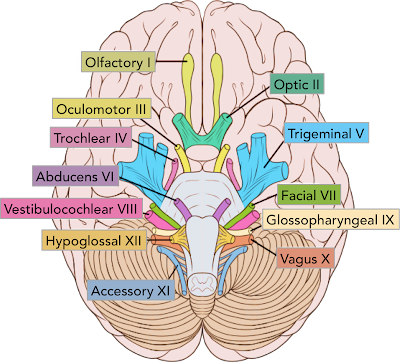Why Time Speeds Up with Age
We've all heard the phrase that time flies by as we are having fun. Our perception of time is organic, it is constantly changing and shifting.
According to psychologist Claudia Hammond, "the sensation that time speeds up as you get older is one of the biggest mysteries of the experience of time." But there has been new research undertaken by Adrian Bejan, a researcher from Duke University that blames this temporal discrepancy on the fact that the speed at which images are obtained and processed by the human brain decreases as we age. As webs of neurons mature, they degrade, giving more resistance to the flow of electrical signals. Bejan, in his latest paper, examines the mechanics of the human mind and relates physics principles to our changing mental perception as we age.
The concept of time represents 'percieved' changes in mental stimuli, it is all about what we can see. As the physical mental-image processing time and the rapidity of images we take in changes, so does our perception of time. Bejan writes:
The present is different from the past because the mental viewing has changed, not because somebody’s clock rings. The “clock time” that unites all the live flow systems, animate and inanimate, is measurable. The day-night period lasts 24 hours on all watches, wall clocks and bell towers. Yet, physical time is not mind time. The time that you perceive is not the same as the time perceived by another.Time is related to the number of mental images our brain encounters and organizes as we age - as we get older, the rate at which mental images are perceived decreases due to natural changes in our brain:
- Shrinkage in the frontal lobe and hippocampus (involved with cognitive function)
- Cortical density thins - fewer synaptic connections therefore slower cognitive processing
- Shrinkage of white matter - the myelin sheath (fatty insulation) that surrounds nerve cells to increase impulse efficiency begins to shrink, leading to slow processing and again, reduced cognitive function
- Less neurotransmitting chemicals e.g. acetylcholine, serotonin, dopamine - this plays a key role in declining cognition and memory, as well as increased depression.
The above usually occurs in the later stages of life - but when we are in our 40-50s, our brain becomes more complex in terms of having more neural connections. Information pathways become much more complicated which contributes to a change in our experience of time.
This misalignment is apparently due to saccadic movements (quick, simultaneous movement between two or more phases of fixation in the same direction). In between these movements, our brain unconsciousness (i.e. you do not have to physically do this, it just happens without thought) processes information that it has received. In infants, this processing period is much shorter. Saccades are also induced by tiredness which explains why time is perceived slower when we are fatigued.
When we are young, there is a higher chance that the concept or stimuli we are experiencing is new to us - this makes time appear more slowly as we get used to, process and understand the stimuli, but as we get older, the production of mental images slows, giving the sense that time passes more rapidly. So basically, infants process images faster than adults, their eyes more often, acquiring and integrating more information. The more information there is to process, the slower that time feels - an example of this in everyday life would be the refresh rate of monitors. A 60Hz monitor refreshes 60 times per second, whereas a 144Hz monitor refreshes 144 times per second. The 144Hz monitor is much smoother but as a result is much slower.
The end result is that, because older people are viewing fewer new images in the same amount of actual time, it seems to them as though time is passing more quickly.
I end this article with another statement from Bejan himself:
“The human mind senses time changing when the perceived images change. The present is different from the past because the mental viewing has changed, not because somebody’s clock rings. Days seemed to last longer in your youth because the young mind receives more images during one day than the same mind in old age."
-----------------------------------------------------------------------------
Further Reading // Sources
https://pratt.duke.edu/about/news/its-spring-already-physics-explains-why-time-flies-we-age
https://www.scientificamerican.com/article/why-does-time-seem-to-speed-up-with-age/
https://www.ncbi.nlm.nih.gov/books/NBK10991/
https://www.medicalnewstoday.com/articles/319185.php
https://qz.com/1516804/physics-explains-why-time-passes-faster-as-you-age/






very interesting
ReplyDelete